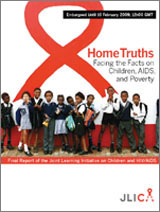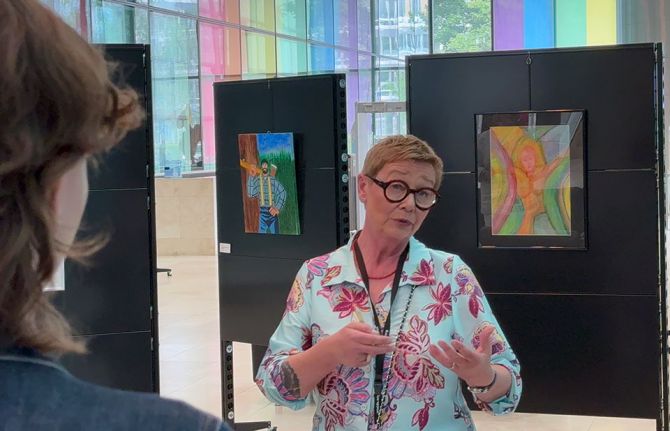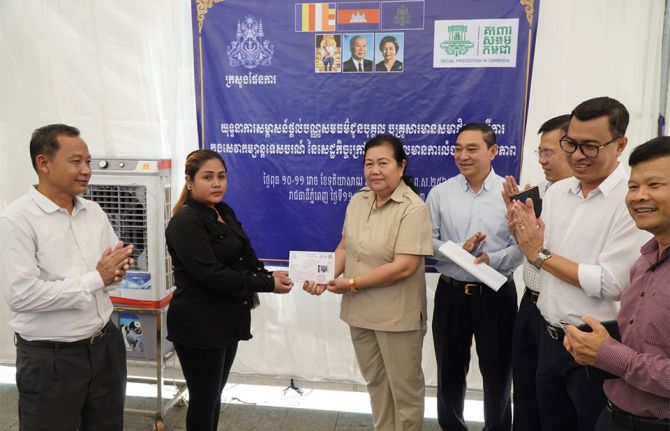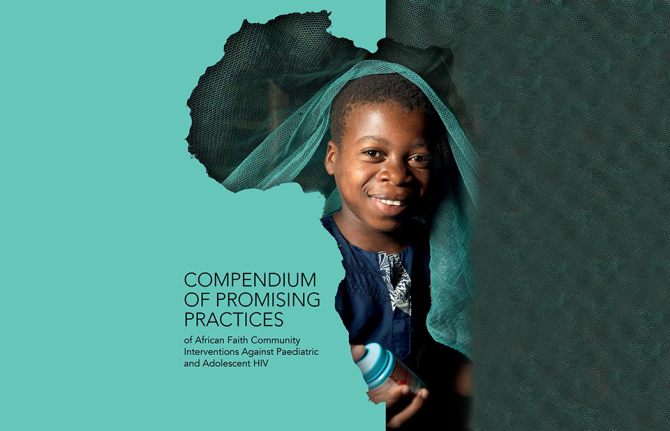
Feature Story
Home Truths: Facing the facts on children, AIDS, and poverty
19 February 2009
19 February 2009 19 February 2009
The report, “Home Truths: Facing the Facts on Children, AIDS, and Poverty” calls for fundamental shifts in global, regional and national responses to the epidemic’s impact on children, their families and communities.
Credit: JLICA
The global response to AIDS must be significantly reoriented to address the unmet needs of millions of children and their families in the worst affected countries, according to a new report by the independent Joint Learning Initiative on Children and HIV/AIDS (JLICA).
The report, “Home Truths: Facing the Facts on Children, AIDS, and Poverty” summarizes two years of research and analysis of AIDS policies, programmes and funding and calls for fundamental shifts in global, regional and national responses to the epidemic’s impact on children, their families and communities.
"Families are at the heart of the AIDS response,” said Michel Sidibé, Executive Director of UNAIDS. “Policies, programmes and funding must focus on providing universal access to HIV prevention, treatment, care and support for the family as a unit to ensure that both children and the adults who care for them get the essential services they need.”
The JLICA report outlines a clear and achievable action agenda to improve the scope and impact of services for children, their families and communities. Yet, experts point out that, while these JLICA-endorsed approaches are clearly supported by evidence and experience, setting a new direction for policy on children affected by HIV and AIDS will demand major shifts in both thinking and action.
Families are at the heart of the AIDS response. Policies, programmes and funding must focus on providing universal access to HIV prevention, treatment, care and support for the family as a unit to ensure that both children and the adults who care for them get the essential services they need.
Michel Sidibé, Executive Director of UNAIDS
Among the key recommendations highlighted in the report are the need to focus on children’s needs, not their orphan or HIV status when designing and implementing policies and programmes. More than 60% of children in southern Africa live in poverty. Singling out those directly affected by HIV is not only inefficient, but can also have undesirable effects -- such as stigmatization and abuse of those in need of help.
Health and social services, such as expanded access to HIV testing and treatment, should reach out to families as a whole. An effective response to AIDS requires the delivery of integrated, family-centred services in health, education and social welfare that are well-resourced and linked to communities.
The report also states that basic economic security can help families invest in children’s health and education, increase their use of available services, and pay for essentials such as food, medicine and transport to health facilities. Income transfer efforts, which place funds directly in the hands of families that need them, have demonstrated impressive results in improving child and family well-being in several African countries.
According to the report, urgent action is needed to address the social conditions and norms that render women and adolescent girls highly vulnerable to HIV infection. Therefore, the report calls for increased efforts to tackle behaviours and attitudes that protect or promote sexual abuse of women and girls.
JLICA is an independent alliance of researchers, implementers, policy-makers, activists and people living with HIV. JLICA partners and supporters include the Association François-Xavier Bagnoud – FXB International; Bernard van Leer Foundation; Bill & Melinda Gates Foundation; FXB Center for Health and Human Rights, Harvard University; Global Equity Initiative, Harvard University; Human Sciences Research Council, South Africa; Irish Aid; Netherlands Ministry of Foreign Affairs; UK Department for International Development; UNAIDS; and UNICEF, among many others.
Right Hand Content
Cosponsors:
External links:
Joint Learning Initiative on Children and HIV/AIDS (JLICA)
Publications:
Home Truths: Facing the Facts on Children, AIDS, and Poverty (pdf, 1.98 Mb)



